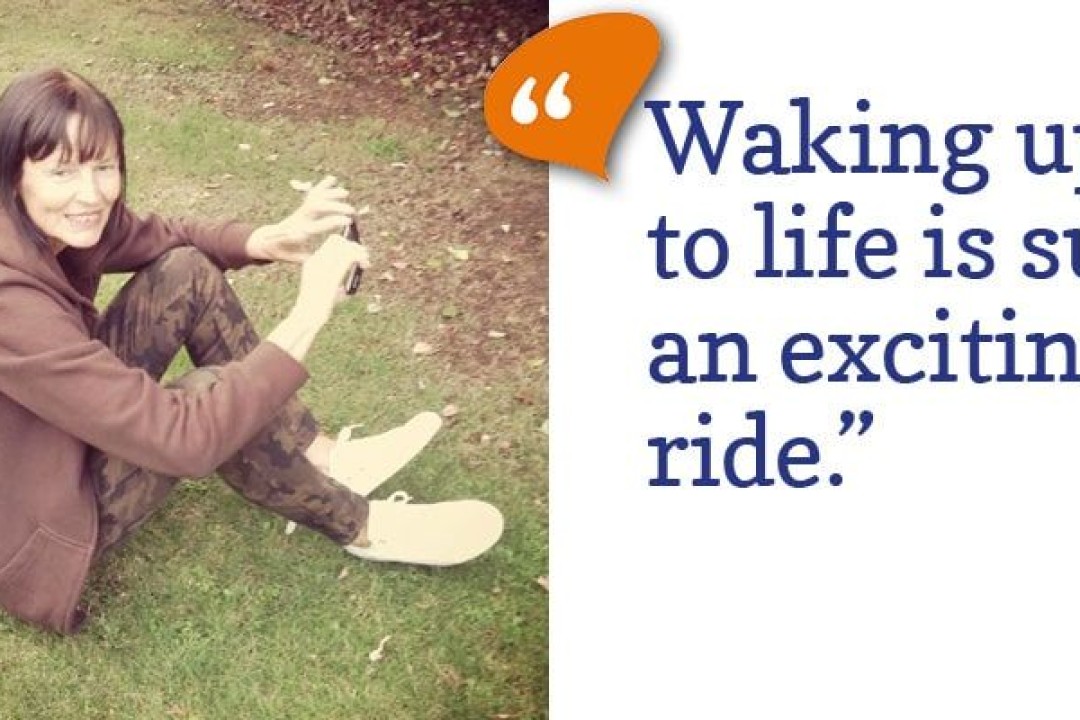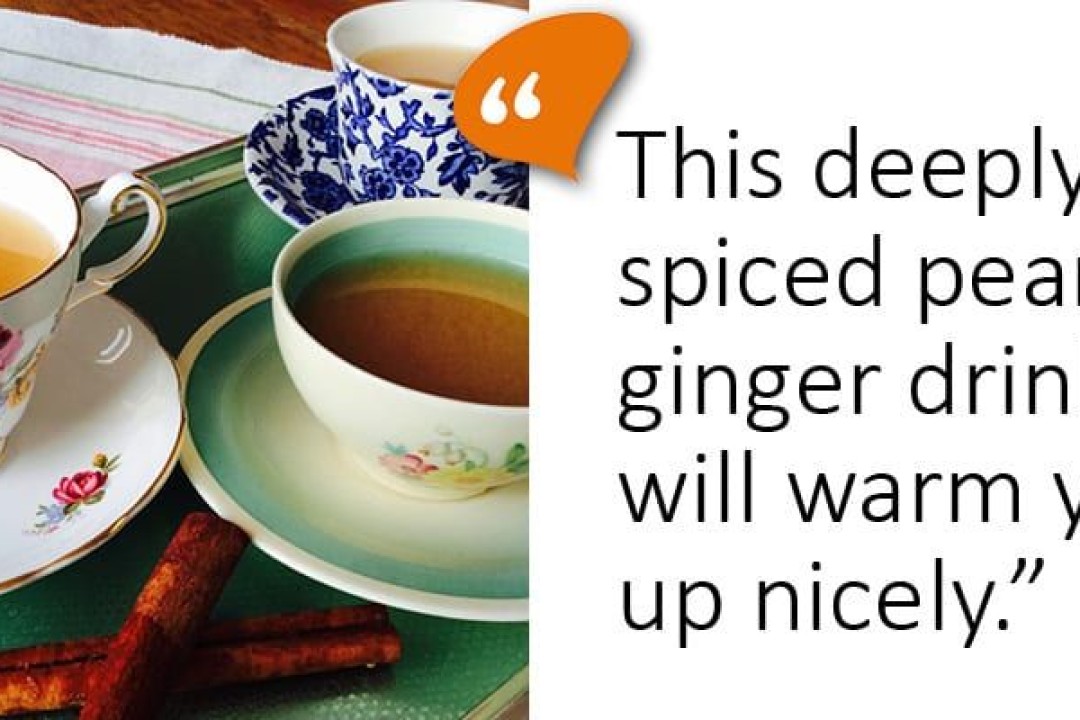Ask An Expert: Steph (Addiction Nurse)
June 29th, 2018 Interviews 11 comments
These ‘Ask An Expert’ posts are interviews I’m carrying out with trained individuals who come into contact with people struggling with booze. The idea is to humanise and demystify the clinical/medical field for us all, to draw information from these kind and knowledgable people, and hopefully in some instances empower us to reach out more for the great help that is available in the community.
Today’s expert is Steph, an Addiction Nurse Specialist working in the DHB Addiction Service in Nelson
==========
Mrs D: How are you put in contact with people who have a problem with alcohol?
Steph: They’re referred through a variety of ways into the service; their GPs, probation, the Alcohol & Drug Helpline, other health professionals, families, CYFS, our DHB triage service. Anyone can refer really. People can even refer themselves here. They can walk in the door or call us up, and yes our number is in the phone book as it is for all regions (just type ‘Addiction Services’ into the Whitepages online and it will show up). We try and keep the barriers to accessing our service as low as possible. I also have a role doing consult/liaison with the general hospital so will encounter people who are admitted there for whatever reason and it may then become evident that they have a problem with alcohol.
Mrs D: How do you then work with them? What form does it take?
Steph: After initial contact is made we invite them to come to see us for an initial assessment. It would be great to be able to see people in their homes but we can’t do this often due to constraints such as transport, time and the requirement of having two clinicians present. The first assessment session is usually for around 1 ½ -2 hrs and is an in depth look at the person’s social, physical health and mental health history as well as their use of substances and current problems. The clinician and client will then work on a recovery plan together and this might entail weekly meetings, group work, seeing a specialist doctor to look at medications, or referral into residential treatment or rehab. Often we see people for quite some time as we like to build relationships and work together.
Mrs D: How do individual sessions work?
Steph: Individual sessions follow a basic structure of reviewing the plan, problem solving any hiccups, and a lot of talking/counselling. Some people like to have ‘homework’ and structured interventions such a workbooks and reflective journals which we will also provide. We always support people to find an approach to managing their addiction which suits them .i.e many people will connect well with the AA/NA 12 step approach whereas others may prefer something different.
Mrs D: Is alcohol misuse the main problem they face? Or are there often other underlying issues they are battling?
Steph: Alcohol misuse is never the only problem. There is often lots of other stuff going on … although when people first arrive (at times pushed through the door by fed up family!) there can be the perception that their drinking alone is causing all the problems in the world.
Mrs D: Do you try to uncouple alcohol misuse from the other issues a patient might be facing and focus solely on helping a person get sober? Or do you think it’s important to look at each person as a whole?
Steph: We always try to work with the person as a whole. I think that without looking at balance in lots of other areas of life you are doomed a lot of the time. The focus isn’t necessarily on getting sober, especially at the beginning as this might be a scary step too far. It’s more important to build mutually respectful relationships between clinician & client so we can work together on achievable goals.
Mrs D: What sort of impact can heavy alcohol use have on a person’s emotional wellbeing?
Steph: Heavy drinking takes a huge toll on someone’s emotional wellbeing. And it’s unavoidable. Often the individual doesn’t realise the impact when they first arrive and it’s our role to help them (gently and kindly) gain some insight into this.
Mrs D: Often we think the alcohol is helping us deal with stress and negative emotions (I know I did), do you think alcohol helps a person deal with those things?
Steph: The old ‘chicken and egg’ question! Do depressed people drink because it makes them feel better momentarily or are they depressed because their social drinking got out of hand? I think that depressed anxious people can be strongly attracted to the short term euphoria and longer term emotional blunting that alcohol provides. They often have a negative self image and low esteem which makes them less likely to seek help or talk to anyone about their low mood or problems.
Mrs D: What sort of approach do you take with an individual?
Steph: I always try to be kind, full of hope (as this has often long gone), optimistic and of course professional. We (in addiction work) tend to use a motivational approach with our client group.
Mrs D: Do you think it’s harder for people with other underlying issues (such as depression or anxiety) to get sober? Or do you find they often have in-built skills and resilience that serves them well as they enter recovery?
Steph: I think it can be harder for people with underlying issues to get sober if they don’t have an understanding or acceptance of the fact that by living with low mood/anxiety they have developed some skills and resilience.
Mrs D: How can you help someone gain the strength and determination needed to remove alcohol from their lives? How can they help themselves?
Steph: I believe you can help by getting alongside them for the journey and encouraging them to find like minded people to support them. I think they can ‘catch’ a bit of what makes recovery happen by exposing themselves to different ways of thinking and being.
Mrs D: Tell me about your group work…
Steph: I facilitate a Rational Recovery Group and so I like the philosophy of empowering people to reconnect with their ability to initiate change for themselves – whatever that might be. Rational Recovery is an approach which became more popular in the 80s after an American guy, Jack Trimpey, decided that he didn’t wanted to be labelled as diseased. He thought that something must have happened in his brain to change the way he was exercising his choices and he was right! He was leading the way in looking at the neurobiological implications of daily use and the effect on the reward system. He believed that the addictive voice (It) was generated in his conditioned mid brain and it argued and cajoled with his rational voice (the real him) located in his higher functioning cortex in order to get the reward it wanted. His philosophy is based on learning to hear the difference in the voices, exercising choice and breaking the impulsive reward cycle. It’s not truly a group process but lots of people really like the philosophy as it explains why rational, intelligent, lovely people keep doing a behaviour which hurts them and everyone around them. So we adapted 8 of the key aspect of the approach into discussion topics and have an open group once a week for people to come and talk about how it is for them. Here is the link to the website. I have to admit that our view on RR is probably quite a way from what the website encourages but actually it works well. It is great to provide a forum for people to meet who don’t particularly like the AA approach and we always have some very robust discussions! In all the years I have been working in this area I have seen more light bulbs go on in groups than anywhere else. Of course now we have great online support which we encourage people to access.
Mrs D: What’s the best part of your job?
Steph: The best part of my job is being there when change starts to happen. It’s a privilege to be part of the process.
Continue reading
Sober Story: Suzy
This week’s Sober Story comes from Suzy, a 69-year-old living in Auckland.
May 2, 2018 – 11 comments
Mulled Pear & Ginger
Enjoy this concoction warm straight off the stove or leave it to cool and pour it over ice with a bit of fizzy water added on top.
August 24, 2018 – 1 comment
Turmeric and Tonic
Don’t be fooled by how straightforward this recipe is – the drink is delicious!
January 24, 2020 – 5 comments


